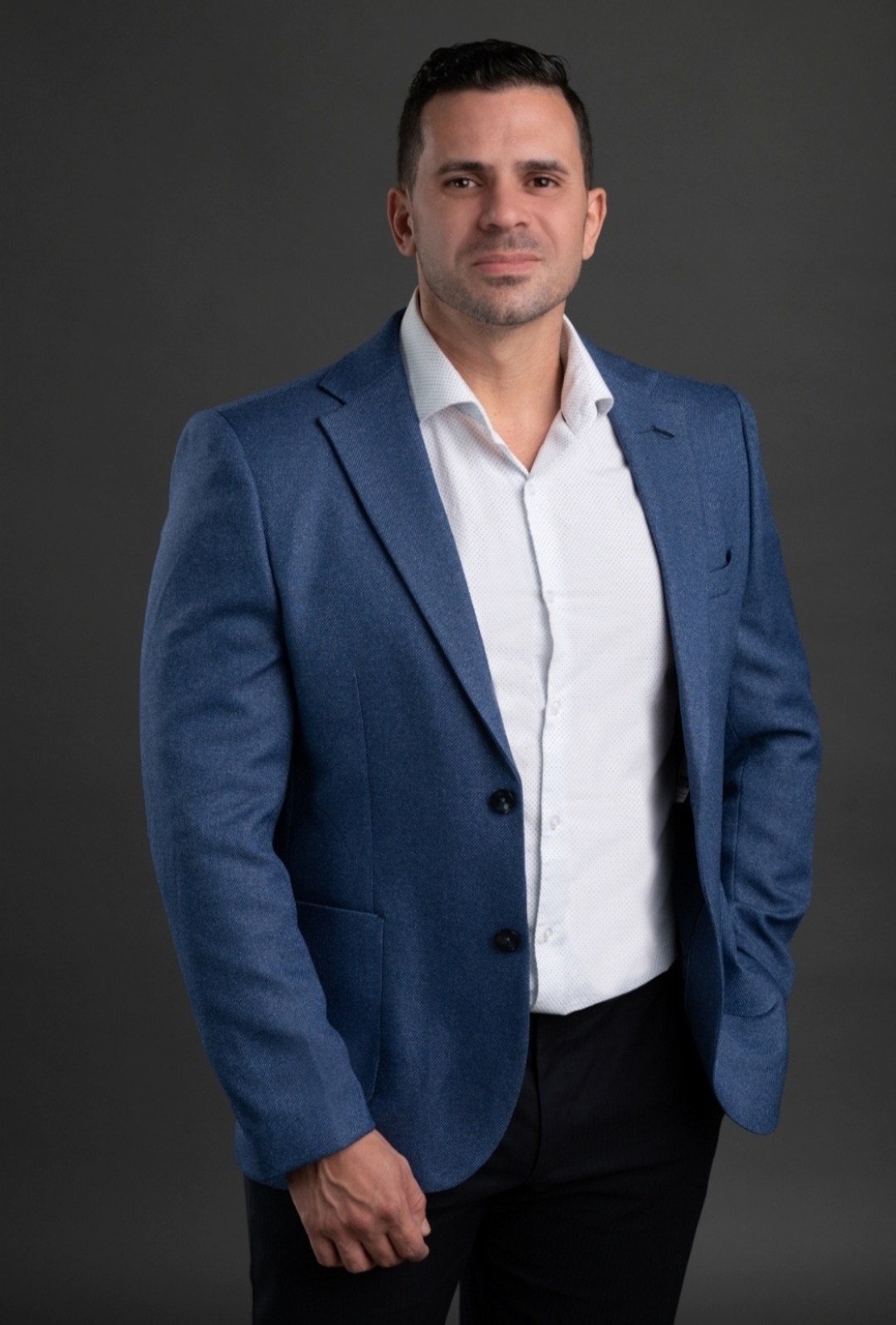Awesome Victoria BC real estate opportunities today with Jason Craveiro? Here are some real estate tips: Now that you know the “fair market value” of the home you like, it’s time to determine how much you are willing to pay. Establishing this prior to making a formal offer helps define your personal limits. You should determine how much to offer, how much earnest money you will put down, how much of the closing costs you will ask the seller to pay, when you plan to settle, and what inspections you plan to have conducted. Your agent will offer great advice for structuring your offer. Remember to ask your agent about contingencies and their importance. If you don’t fully understand something, be sure to clarify it. Read more info on https://www.remax.ca/bc/jason-craveiro-p102255296-ag.

If there are any large issues with your home project, take a few days, and do your homework. We were told early on that we couldn’t have a gas stove in our home and designed the house accordingly. Once the project was completed, we found out that our neighbors on all three sides had gas stoves and the functionality was clearly available for our street. Don’t blindly trust when someone tells you that something can’t be done or that this is “the best price available” – do your homework.
Location is by far the most important part of buying real estate. You can change condition, you can change price, you can’t change the location of a house. If there is one thing a buyer should never sacrifice on its location. The location of a house will have the largest impact on its price, and potential future appreciation. One analogy we use to demonstrate how important location is this: If you take the least expensive home in the world, and you put it in downtown New York City, it is worth millions. If you start shopping homes for sale in all different locations you’ll never build a proper frame of reference to understand what constitutes a great deal, a good deal, and a lousy deal. You want to become an expert in a certain area so that when it comes time to make an offer, you can do so with conviction and confidence. Read more details at Jason Craveiro.
Pay Yourself First: This personal finance tip is another common one that can have a huge impact on your finances. When you pay yourself first, you’re investing in your financial future; you’re investing in future you, and future you will thank present you for doing so. So, why not just pay yourself at the end of the month? That’s a lot easier, right? Well, the reason why paying yourself first works so well is that once that money is sent to a savings account, you’re a lot less likely to spend it. If you wait until the end of the month to pay yourself, you might not have any money left! Future you will be very sad with no money. Make future you happy by investing in yourself! PS. The best way to pay yourself first is to do it automatically. Set up an auto-deposit with WealthSimple and you’ll never have to think about saving money again – it will just happen.
Renovating improves the house value says Jason Craveiro : Many renovators also have a tendency to underestimate the level of work required to upgrade existing services such as electrics and heating systems to make them fit for purpose. A lot of unnecessary work can be prevented in period properties (1930s and older) by adopting a ‘repair not replace’ approach. Overhauling original doors and windows and retaining period features is often cheaper than replacement, adding value in the process by enhancing period character. In many cases, the original door and window timbers and joinery were of far better quality than today’s equivalents. Fitting secondary glazing to original windows is often a good ‘best of both worlds’ solution. If modern double-glazed units have misted, you can save a lot of work by replacing just the glazing panels, rather than the whole window. With roofs, localised repair may be all that’s needed in most cases. Surveyors can sometimes pass premature death sentences when there may be another 10 or 20 years’ lifespan left.
Sure, interest rates are low right now—which can help with affordability. Just be careful not to let that pressure you into buying a house when you aren’t really ready. A super low interest rate on a house you can’t afford is still a bad deal. So remember to stick to our advice on monthly payment limit, down payment amount and mortgage type (see Trend #2) and you’ll be in great shape! If interest rates stay low, buyers will be more motivated to buy your home sooner than later. But if interest rates do start to increase later in the year, just plan for your house to be on the market a little longer. If you don’t plan on moving anytime soon, you might still be able to take advantage of these super low interest rates and shorten your payment schedule by refinancing your mortgage.
While you might have your hands full with an overzealous real estate agent, it’s important not to neglect your mortgage homework. Mortgages are often just mailed in, with little attention given to where they are originated. Your real estate agent will have their preferred lender that you “really should consider using because they’re the best,” but you don’t have to use them or even speak to them. I’ll typically say get a quote from them as a courtesy to keep things amicable, and to appease your agent, but also shop around with other banks, credit unions, lenders, and mortgage brokers. At the same time, think about how you want to structure the mortgage, including down payment, loan type (FHA or conventional), and loan program. The 30-year fixed isn’t always a no-brainer, though right now it’s a tough argument to go against it.